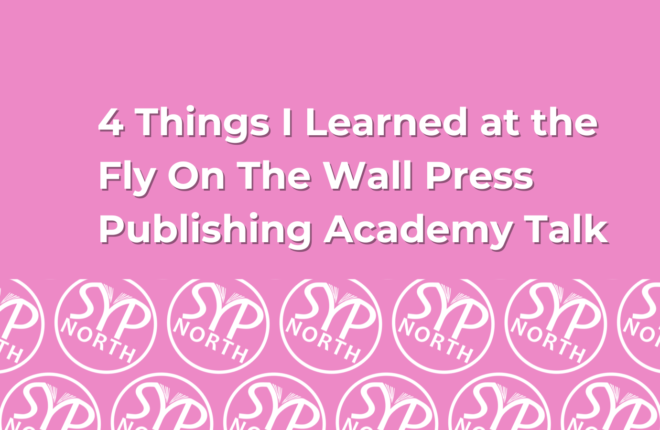
SYP North: Reflections on our Managing Your Publishing Career Webinar
Posted on July 16, 2023 in North
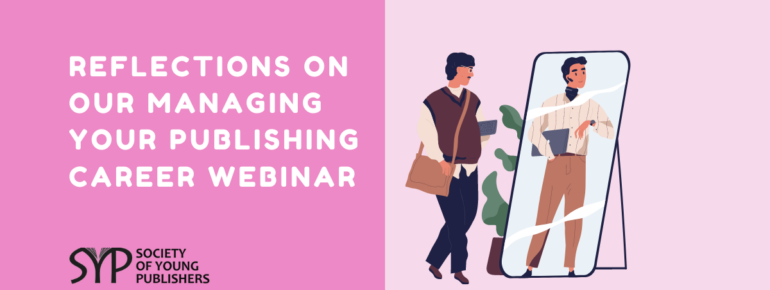
The SYP North team were delighted to be able to host our recent Managing Your Publishing Career webinar. It was brilliant to see so many publishing hopefuls and young professionals join us online to discuss potential pathways into the industry, alongside the best strategies to change roles from within.
The webinar, which took place at the end of June, aimed to allow attendees to ask industry experts their publishing questions.
We heard from Chelsea Graham, Founder of The Publishing Post and Audio Editor at Bonnier Books, Megan Whitlock, a recent UCLan graduate turned Marketing Executive for BookMachine and Alexa Gregson-Kenmuir, Teaching Fellow, Senior Lecturer and course leader in Publishing at UCLan. Each of our panellists has had very different routes into publishing and the book industry and it was interesting to hear about their experiences.
How did you get your first job in publishing?
Chelsea Graham had a five or six-month period without work due to the pandemic but used this time to upskill, work on her magazine, The Publishing Post, and finish her dissertation. At this point, any job that came up in mainstream publishing, in London, in one of the big houses, she was applying for. It just so happened that she got a rejection for every single one.
Eventually, she got a job at Hapiful Magazine, a mental health magazine which featured advice columns and hosted a regular podcast, the latter of which worked well for her desire to go into audio publishing. However, this job was in Berkshire, rather than London and most of the work was remote as a result of the pandemic. She spent a year in this role and continued to apply for publishing jobs throughout this period, before taking up a position at Bloomsbury.
Megan Whitlock always knew she wanted to work in marketing, and publishing was something that came alongside that, since she liked books it just seemed to make sense. Her pathway into publishing involved taking up lots of marketing internships for unrelated industries, something which she believes put her in a strong position for when she finally started applying for publishing jobs, as it demonstrated her knowledge base of the department she wanted to go into.
Alexa Gregson-Kenmuir had quite a lot of admin experience which served her well because admin is so fundamental to entry-level roles within publishing. She had completed a Publishing MA which gave her some industry knowledge, but also, her previous experience as a bookseller in Waterstones gave her an understanding of how to hand-sell a book to a reader, which became an invaluable tool for future marketing positions.
Alexa’s first job came quite a while after she had graduated when on an internship with the careers team at UCLan. A peer who she had studied alongside for her MA had gotten into the industry and sent her a job as a marketing assistant for Palgrave Macmillan. Following an interview, she was fortunate to be able to take up that position. Her story proves the fundamental role that networking plays for those seeking entry-level roles.
Is it worth applying for multiple jobs at once?
Chelsea hired her replacement when she left Bloomsbury and was recently involved in the recruitment of an audio assistant at Bonnier, and has found the other side of the hiring process to be enlightening. Now, having seen multiple hiring systems and gaining an insight into what an employer looks for, if someone has applied for more than one role across different divisions it becomes unclear what the application is after. Having some sort of direction in terms of department is beneficial at entry-level, in terms of continuity.
Every interview Megan has had began with the question: “Why marketing?” and she was often also asked about marketing campaigns outside of publishing. Showing that you have publishing-specific awareness, but an understanding of the job role overall can be important. it doesn’t take much just to add little details to your application that could push it above and beyond what is expected. For most of her job roles, Megan was required to give a presentation, usually on a marketing campaign. Even smaller things like taking a look at the company’s website, looking at their brand colours and making sure that her PowerPoint matched up demonstrate an additional level of awareness and attention to detail.
Alexa made it clear that applicants should do their research. It was surprising to hear how many interviewees can’t name a book on the publisher’s list or their favourite title. If you know who you’re going to be interviewed by, then it might be worth having a quick look on LinkedIn, to find out about any recent events or conferences that they might’ve talked at. For Alexa, these final details are what elevates an applicant to someone that can stand out amongst other candidates.
How can you find entry-level roles?
Megan highlighted that entry-level roles will always be those with the word “assistant” in the title. These could be marketing assistant or editorial assistant positions, for example. When looking at the job description, the role will always be in some kind of admin capacity. Most of the time, at entry-level, you’ll be learning the ropes and helping out with campaigns but often, at least in her experience, it’s doing reports, looking at data and making sure that you can step in when needed, to support other team members.
In terms of where to look for jobs, Megan shone a spotlight on the Independent Publishers Guild (IPG) jobs board, which she deemed as the “holy grail” for publishing roles outside of London. It is also useful to have a look at Twitter and LinkedIn and follow the people who are working in the particular departments of the publishing houses you’re interested in. Have a look at where your local publishing houses are, if you follow any of them, they will share job advertisements on those platforms.
Alexa added that when looking for jobs it might be worth looking at recruitment agencies such as Inspired Selection or Atwood Tate, as these are publishing specialists that are there to help you get a job in the industry.
Chelsea mentioned Creative Acess, as this was how she got her job at Bloomsbury. This platform is aimed at those from underrepresented or lower socioeconomic backgrounds, and posts job advertisements from across the spectrum of creative roles. So, it could be great for those looking to gain experience in publishing-adjacent roles such as film or television.
If you don’t meet the entry requirements, should you apply anyway?
For Chelsea, job hunting is one of those parts of life where you have to take the emotional element out of your thought process. You may feel imposter syndrome about the industry, doubt your ability to get an entry-level role or fear that somebody might be a better fit. But if you remove all of that self-sabotage and simply look at the job description in comparison to your CV, you should start to see where you can partner your skills with the job description.
With entry-level roles, you won’t need to wealth of experience to get the position, you need to be able to showcase your skills in the right way. This might mean thinking outside of the box and getting creative. Previous experience in part-time hospitality roles involves often working to a brief or working with customer services, both of these skills apply to author care.
Megan tutored part-time and worked in bars before getting into publishing, but found that she was asked about these roles in interviews far more often than some of her marketing experience because these allowed her to gain administrative experience. It is also important to consider that if you don’t yet have certain skills, “Is there a quick and easy way to build them?”. But the most important thing is to just be confident, as most entry-level positions will require training once you’re on the job. You need to show that you are capable enough to hit the ground running once you start, and that’s the main thing they’re looking for.
Alexa pointed out that sometimes in a job advert, you can make some informal inquiries, there might be a contact or an email address. You could just reach out to ask for a bit more scope or a bit more information about the role. This can help ensure that you are making the right career decision.
We rounded off the webinar with a few further questions on the importance of social media platforms such as LinkedIn or Twitter, the key differences between indie publishers and larger publishing houses and top tips and tricks for interviews and networking opportunities. Hopefully, this session was helpful to everyone who came along, and we expect to provide more details on upcoming events soon!

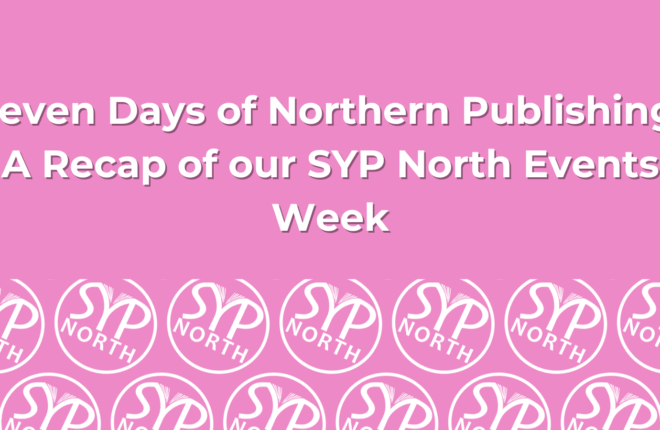
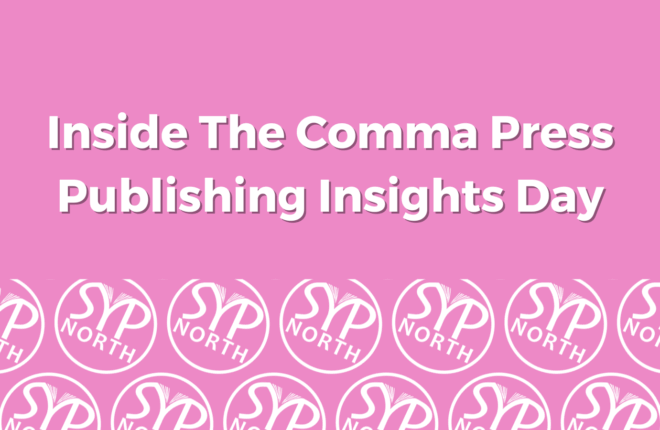
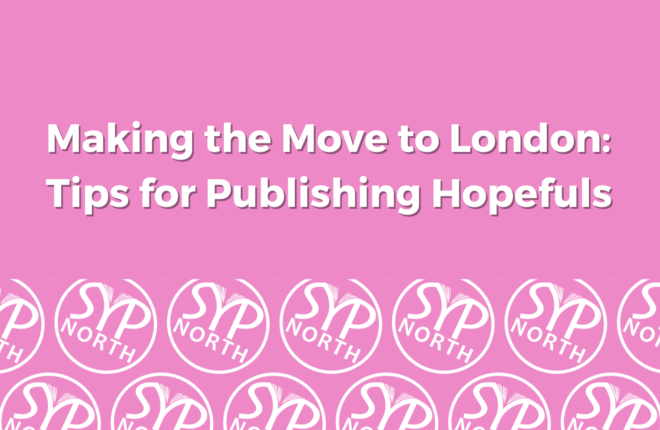
 Listen to the podcast
Listen to the podcast  Explore the Youtube channel
Explore the Youtube channel